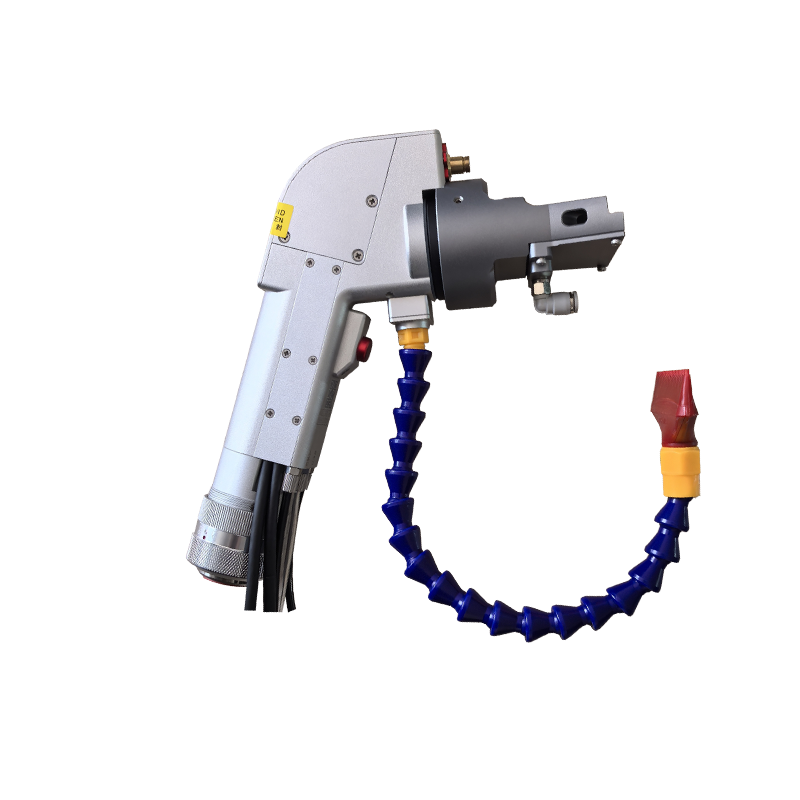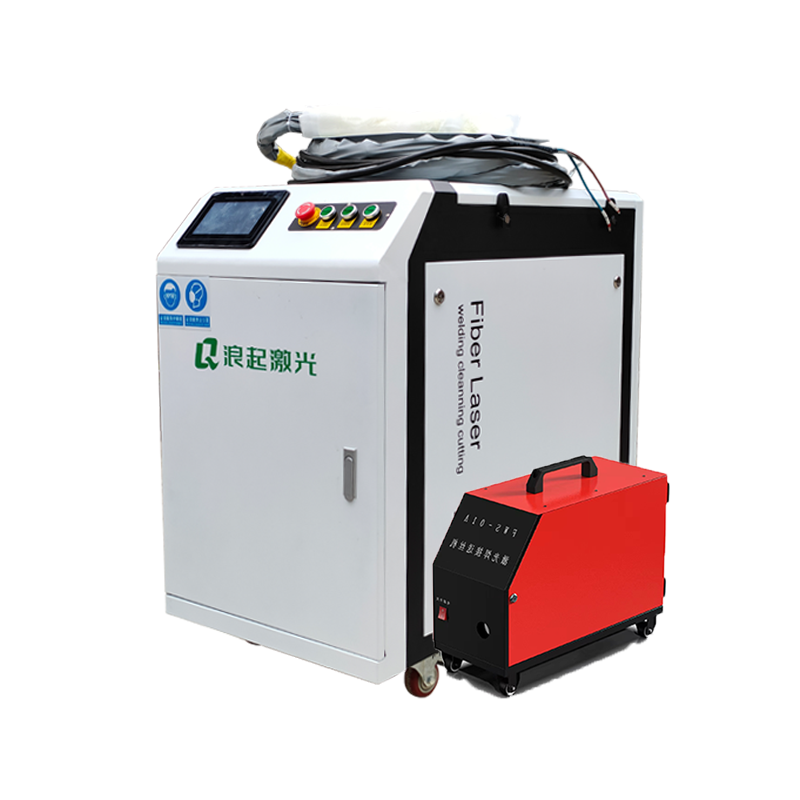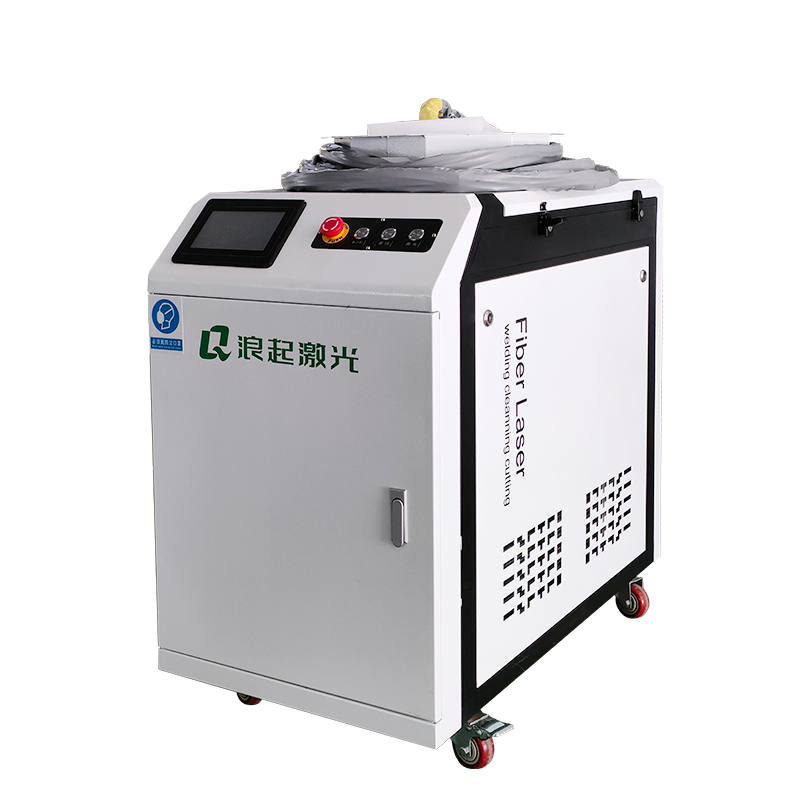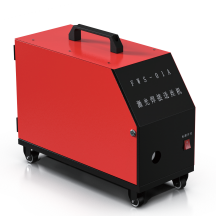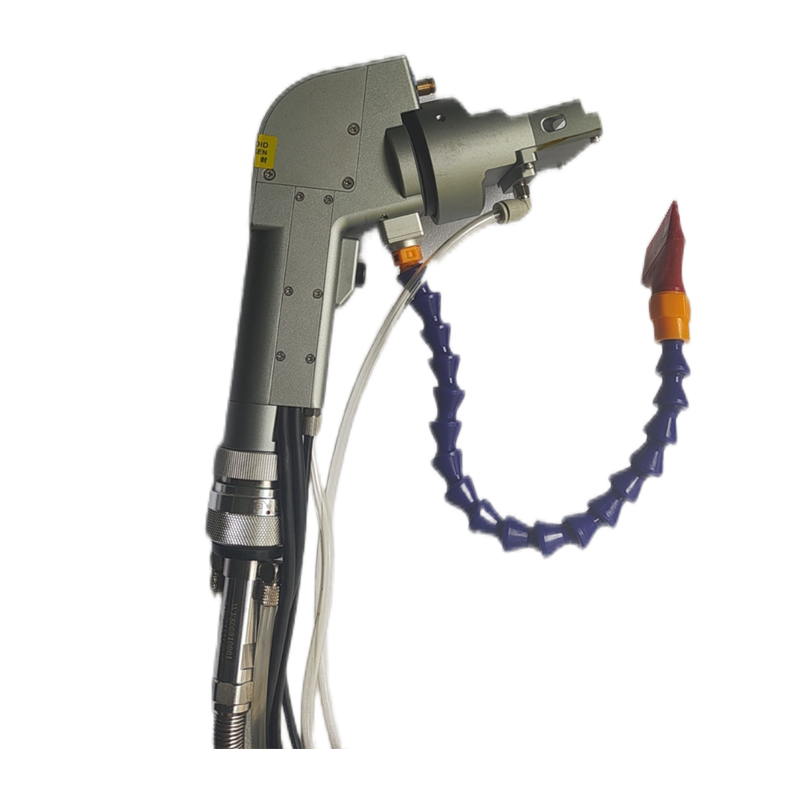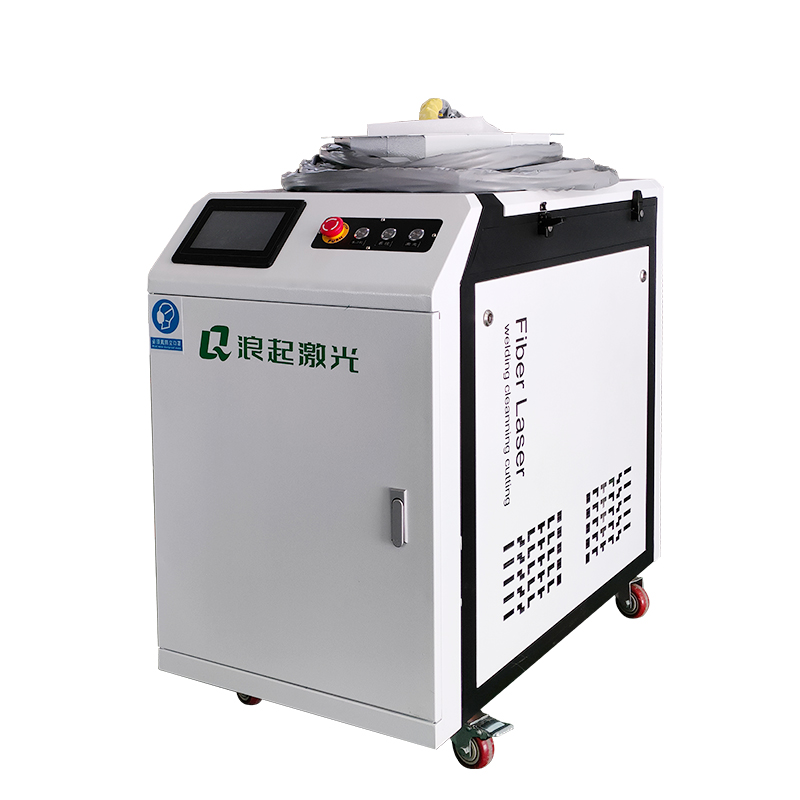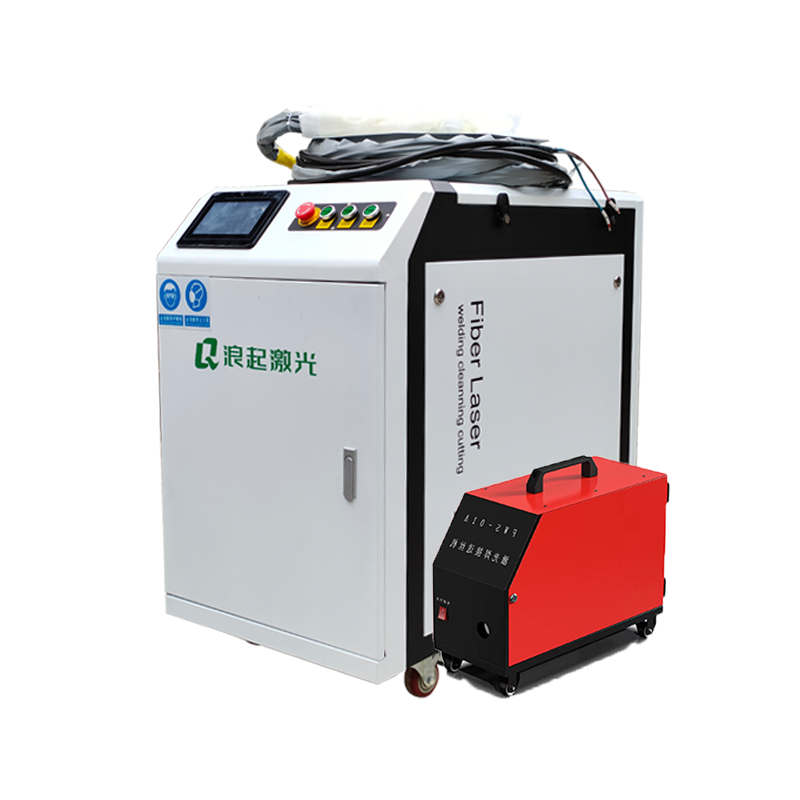2. Fiber Laser Welding Tip Selection
Laser welding requires precise beam control for penetration depth and weld quality. The tip (often a welding head) must match the material and joint type.
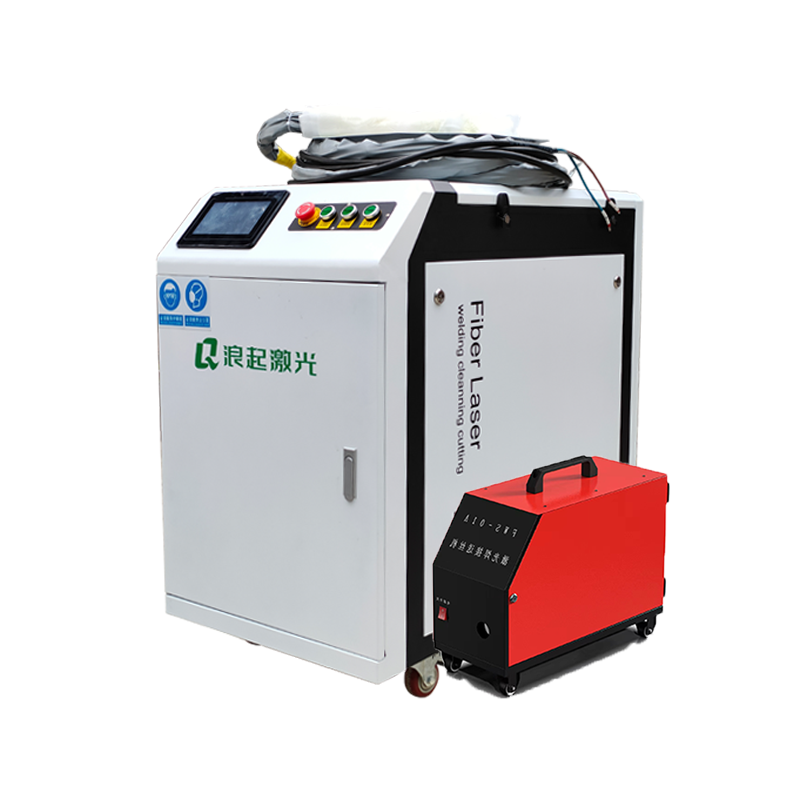
Key Considerations:
Beam Quality (BPP):
Low BPP (<2.0) for deep penetration welding (e.g., 1µm fiber lasers).
High BPP for heat conduction welding (e.g., thin sheets).
Focal Spot Size:
Small spot (20–100 µm): Keyhole welding (e.g., 1–6 kW lasers).
Larger spot (100–500 µm): Heat conduction welding or cladding.
Working Distance:
Short (80–150 mm): Precision welding.
Long (200–400 mm): For clearance in complex assemblies.
Gas Shielding:
Tips with integrated gas nozzles (e.g., conical or cross-jet) protect the weld pool (argon/He/N₂).
Recommended Tips for Welding:
Single-Mode Fiber Tips: For high-power density (e.g., IPG YLS series).
Multi-Mode Fiber Tips: For broader heat input (e.g., 50–200 µm core diameter).
Hybrid Heads: Combine laser with arc welding (TIG/MIG) for hybrid processes.
Oscillating Welding Heads: For wider seams (e.g., wobble welding).
3. Shared Considerations for Both Applications
Cooling Requirements: High-power tips (>1kW) often need active cooling.
Durability:
Coatings (e.g., anti-reflective) extend tip life.
Regular maintenance prevents contamination (e.g., splatter during welding).
Compatibility: Ensure the tip matches your laser’s wavelength (typically 1064 nm for fiber lasers).
4. Popular Brands & Models
Cleaning:
IPG LightWeld, LASERPHYNS, Scienlyzer handheld heads.
Precitec YW50 (galvo-based cleaning optics).
Welding:
HighYAG BIMO, Scansonic ALO3 (oscillating heads).
Trumpf PFO, Amada LBC (programmable optics).

